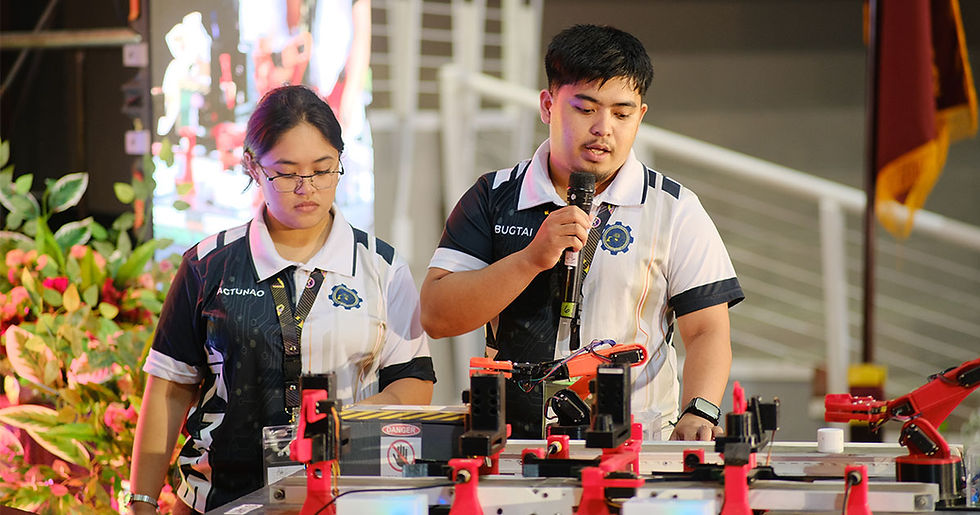High-tech humanitarian innovation for the win
- Field Ready
- Sep 24, 2020
- 2 min read
The European Innovation Council announced five winners of its EIC Horizon Prize on Affordable High-Tech for Humanitarian Aid today during its all-virtual European Research and Innovation Days. Field Ready's Digital Manufacturing for Disaster Relief (DM4DR) project - which uses high-tech tools to enable localized and affordable digital manufacturing of humanitarian aid supplies, improve local resilience and make humanitarian aid better, faster and cheaper - was one of the three finalists for the prize in the "Open" category.

The EIC established the Horizon Prize competition to reward proven, cost-effective and technology-based solutions for humanitarian aid in five categories: shelter and related assistance; water, hygiene and sanitation; energy; health and medical care; and an open category. Winners of each category received €1 million.
While we didn't win our category, we are sending hearty congratulations to the organizations that won - Association Federation Handicap International (which won two categories), the United Nations High Commissioner for Refugees, Bright Products AS and Lumkani. Each one of these projects has immediate value in humanitarian work - we're truly thrilled to see the impact high-tech is having on aid delivery, and feel honored to have collaborated with two awardees on what became their winning projects. When Field Ready supported Handicap International in Nepal in 2017 in a precursor to their winning Project TeReFa - the 3D printing of prosthetics and orthotics – it gave us keen insight into the needs of amputees and those born differently abled so we could better serve them. We were excited to bring our 3D scanning and printing skills to their table, and their deep medical expertise has solidly established their approach to helping extremely vulnerable populations. We sincerely hope we can collaborate with HI again to help them globally scale their efforts across all humanitarian work.

Their Horizon Prize award is a landmark moment for 3D printing in the humanitarian sector, and a huge cause for celebration; it shows the value and the impact that this innovative technology can offer when it's applied well. We've also been privileged to engage with the UNHCR on water monitoring issues; their LORAWAN monitoring project - which offers real-time solutions for water-tank monitoring - will help stem the tide of water waste and abuse in remote locations. Our own monitoring project with partners the Norwegian Refugee Council is aimed at preventing similar water waste, fraud and abuse in water-delivery trucks; together, our efforts can ensure that vulnerable people will have greater and easier access to fresh, clean water. We're delighted to be able to make such products locally, and again are scaling up production across a range of humanitarian contexts. Each organization competing for the Horizon Prize had to submit a highly detailed report on its approach, methodology, project scope and long-term effects to the EIC. In keeping with our Open Source commitment, we're going to release our Horizon Prize application form publicly to serve as a review of our work over the last five years and to help others adopt and adapt this innovation. We will also soon launch a report on digital manufacturing, maker spaces, 3D printing and digital design and its recent history in humanitarian action to serve as both a marker and guideline for similar efforts.
Congratulations once again to all the Horizon Prize winners; here's to more great solutions for humanitarian aid delivery!

_edited.png)




Comments